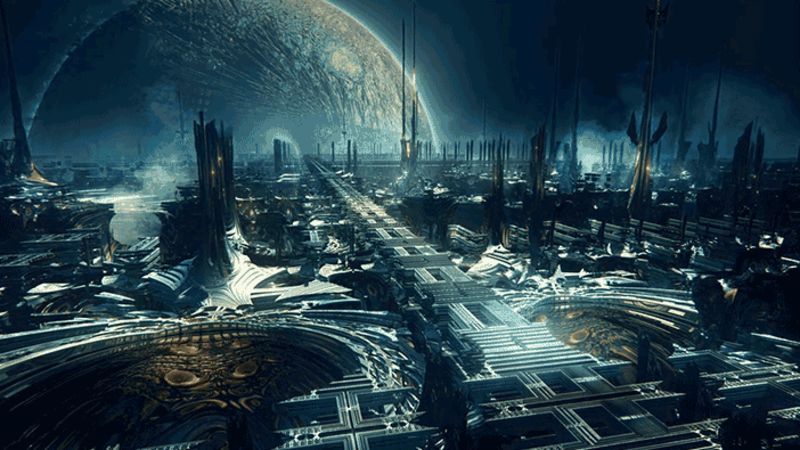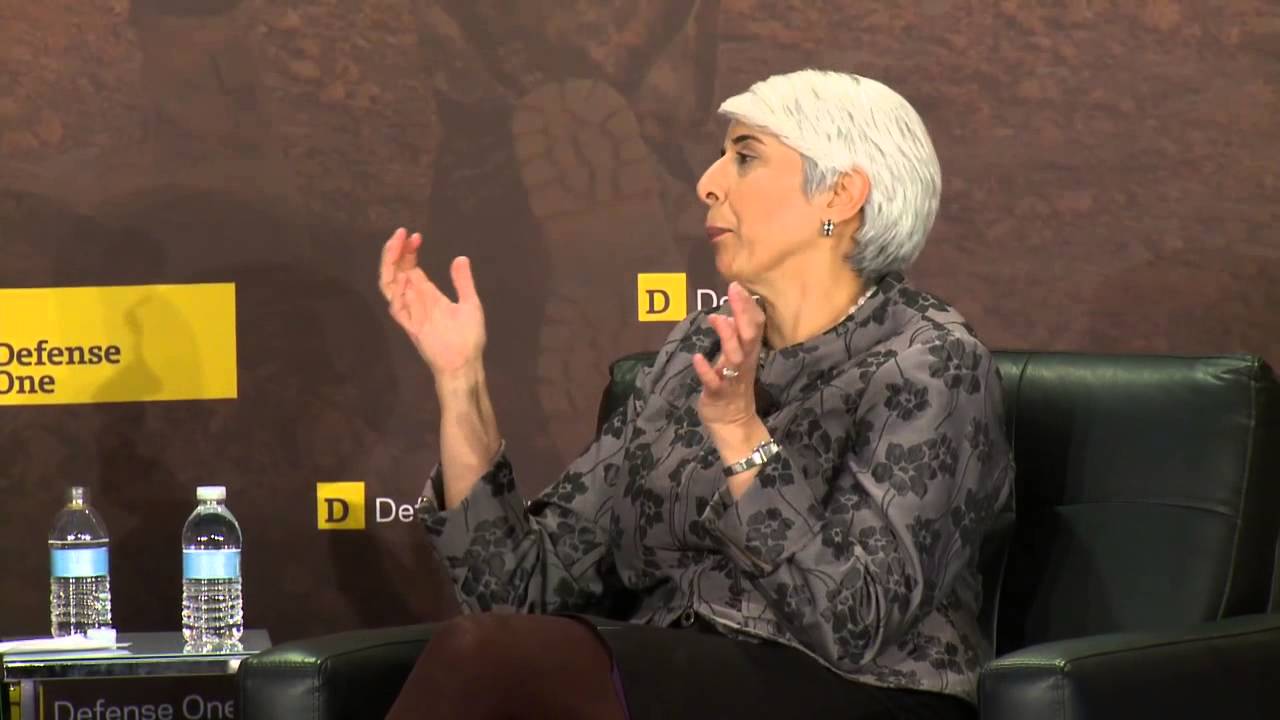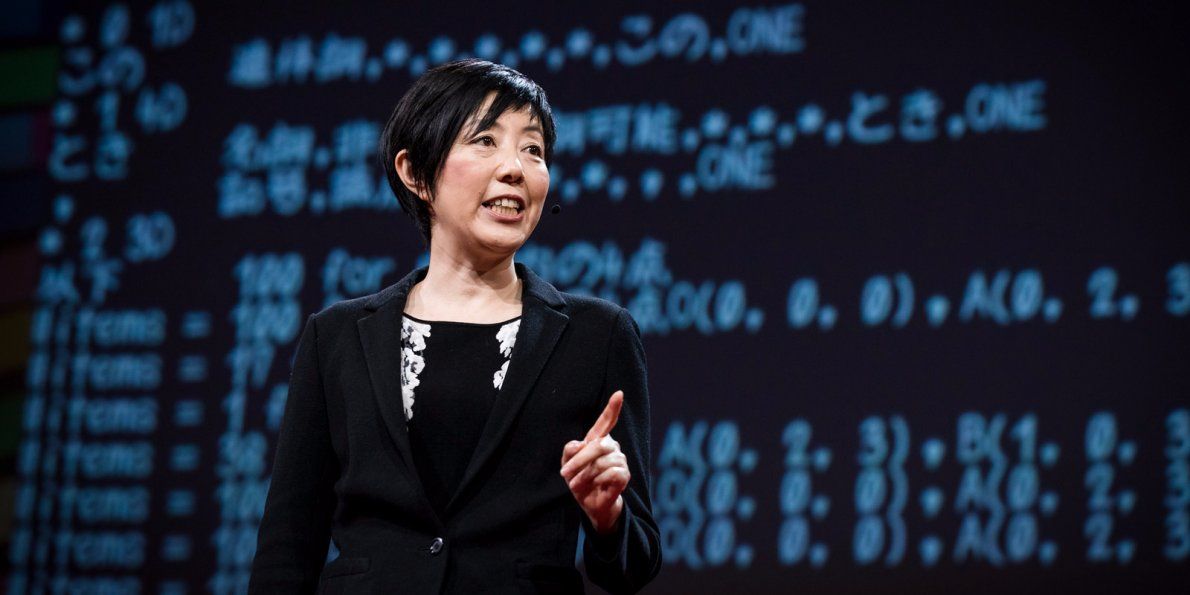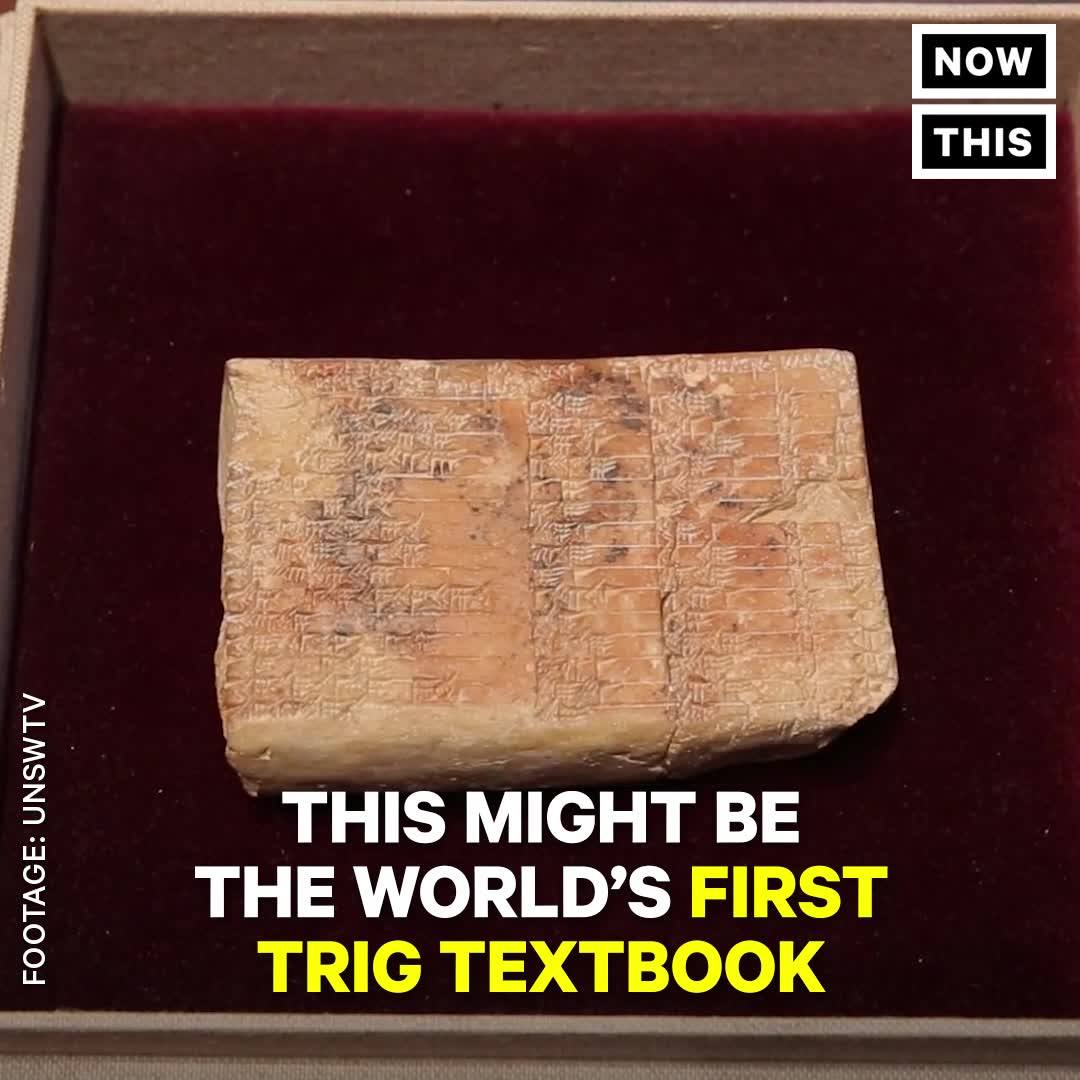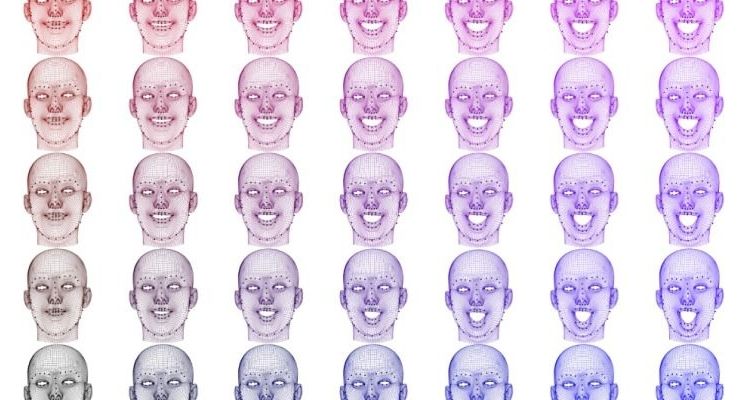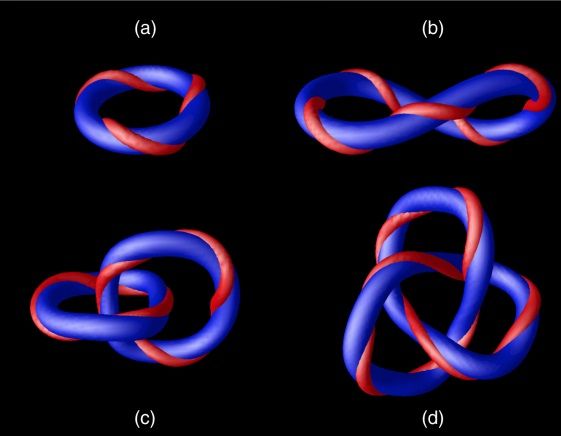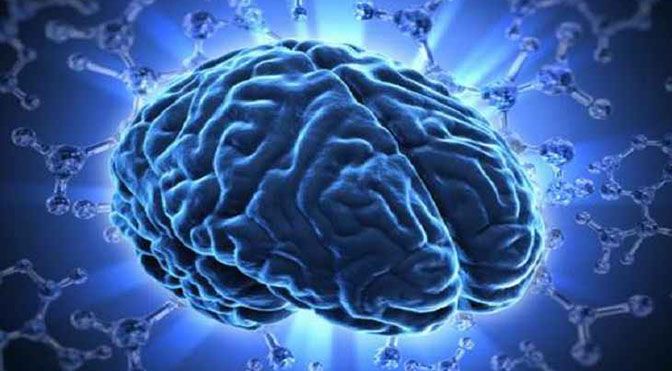
But if there is some kind of unifying computational principle governing our grey matter, what is it? Dr. Tsien has studied this for over a decade, and he believes he’s found the answer in something called the Theory of Connectivity.
“Many people have long speculated that there has to be a basic design principle from which intelligence originates and the brain evolves, like how the double helix of DNA and genetic codes are universal for every organism,” Tsien said. “We present evidence that the brain may operate on an amazingly simple mathematical logic.”
The Theory of Connectivity holds that a simple algorithm, called a power-of-two-based permutation taking the form of n=2i-1 can be used to explain the circuitry of the brain. To unpack the formula, let’s define a few key concepts from the theory of connectivity, specifically the idea of a neuronal clique. A neuronal clique is a group of neurons which “fire together” and cluster into functional connectivity motifs, or FCMs, which the brain uses to recognize specific patterns or ideas. One can liken it to branches on a tree, with the neuronal clique being the smallest unit of connectivity, a mere twig, which when combined with other cliques, link up to form an FCM. The more complex the idea being represented in the brain, the more convoluted the FCM. The n in n=2i-1 specifies the number of neuronal cliques that will fire in response to a given input, i.
Continue reading “Scientists discover nature’s algorithm for intelligence” »
